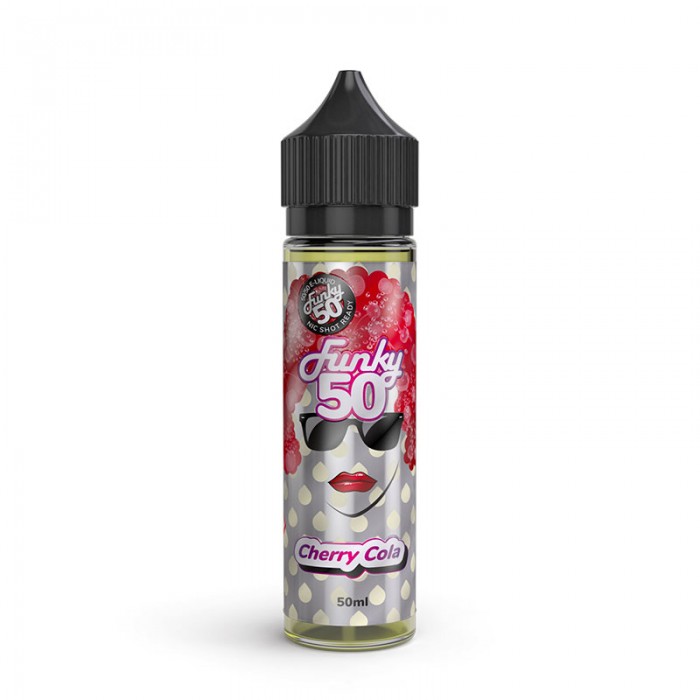Navigating the world of vaping can often feel overwhelming, especially when it comes to understanding the legal landscape surrounding e-liquids in the UK. With regulations constantly evolving, it's crucial for vapers to be informed about what makes an e-liquid compliant with UK laws.
This article aims to provide comprehensive insights into identifying legal e-liquids UK, ensuring that you can make informed choices while enjoying your vaping experience.
Understanding UK Regulations on E-Liquids
The UK has established a well-defined framework for regulating e-liquids, primarily governed by the Tobacco and Related Products Regulations (TRPR). These laws were implemented to ensure consumer safety and product quality. Under these regulations, all e-liquids sold in the UK must adhere to specific criteria.
One of the foremost requirements is that e-liquids must not exceed a maximum nicotine concentration of 20 mg/ml. This limit helps to ensure that products remain within a safe range for consumers. Additionally, all e-liquids must be produced in facilities that comply with stringent hygiene standards, which is vital for maintaining product integrity.
Another significant aspect of UK regulations is the requirement for manufacturers to submit their products for notification before they can be sold. This notification process includes providing detailed information about the ingredients and the nicotine content of the e-liquid. It is essential for consumers to look for products that have been properly notified to ensure compliance with these regulations.
Key Ingredients to Look For
When assessing whether an e-liquid is legal in the UK, it's important to examine its ingredients closely. Legal e-liquids must contain specific components that are permissible under UK law. The primary ingredients typically include vegetable glycerin (VG), propylene glycol (PG), flavorings, and nicotine (if applicable).
VG and PG serve as the base for most e-liquids and are recognized as safe for consumption. However, it is essential to ensure that any flavorings used in the e-liquid are food-grade and compliant with the relevant food safety regulations. The flavoring components should not include any harmful substances or additives, which is why reputable manufacturers will always provide transparent ingredient lists.
Moreover, consumers should be wary of e-liquids that contain diacetyl, a compound that has been linked to respiratory issues. Legal e-liquids in the UK should explicitly state that they do not contain this ingredient, thus ensuring a safer vaping experience. By being diligent about the composition of your e-liquid, you can confidently select products that adhere to legal standards.
Packaging and Labeling Requirements
Another important factor in determining the legality of an e-liquid is its packaging and labeling. The TRPR mandates that all e-liquids must be packaged in child-resistant containers to prevent accidental ingestion, particularly by minors. Additionally, the labeling must include clear information about the product, including the nicotine strength, a list of ingredients, and health warnings.
The health warnings are particularly crucial, as they inform consumers about the potential risks associated with nicotine consumption. Legal e-liquids will typically display the warning: "This product contains nicotine which is a highly addictive substance." This transparency helps vapers make informed decisions about their vaping habits.
Furthermore, reputable manufacturers will ensure that their packaging is not only compliant with legal requirements but also aesthetically appealing and informative. Clear labeling that adheres to UK regulations signifies a responsible manufacturer that prioritizes consumer safety.
Checking for Compliance
As a consumer, you have the right to verify whether an e-liquid is legal and compliant with UK regulations. One effective way to do this is by researching the manufacturer. Established brands that prioritize quality and compliance will often provide information about their products on their websites, including details on compliance with UK regulations.
Additionally, many manufacturers will have a dedicated section on their site where they discuss their adherence to safety standards and legal requirements. Look for third-party testing results, which can further assure you of the product's safety and legality. If a manufacturer is transparent about their processes and results, it is a good indication that their products are compliant with UK laws.
Moreover, you can check for customer reviews and feedback on the specific e-liquid you are considering. Although this article does not delve into negative contexts, positive testimonials can provide additional reassurance regarding the quality and legality of the product.
Conclusion
In conclusion, ensuring that your e-liquid is legal in the UK involves a thorough understanding of the regulations, ingredients, packaging, and manufacturer credibility. By familiarizing yourself with these factors, you can confidently select e-liquids that meet legal standards, thereby enhancing your vaping experience.
For those seeking high-quality and compliant e-liquids, iBreathe offers a diverse selection that adheres to all UK regulations. With a commitment to safety and transparency, iBreathe ensures that every product is crafted with the consumer's well-being in mind. Explore their range of legal e-liquids and enjoy a satisfying vaping experience today!






Comments